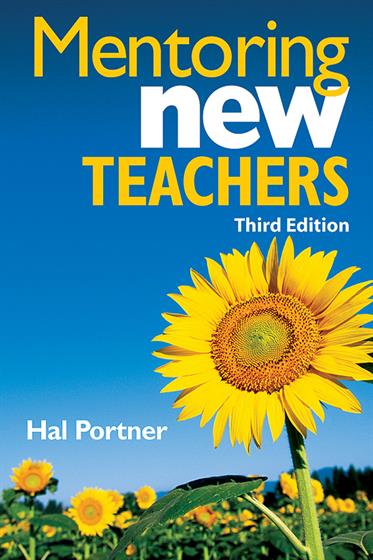Foreword by Gerald N. Tirozzi
Preface to the Third Edition
Who Should Read This Book
Overview of the Contents
Acknowledgments
About the Author
Introduction
Support for Mentoring
Effective Mentors Are Made, Not Born
Mentoring Is Not Evaluating
Mentoring’s Role in Induction
The Mentor’s Primary Role
What Mentors Do: The Four Mentoring Functions
Teacher Mentor Standards
1. Relating
Establishing Trust
Paying Attention to Thoughts and Feelings
Confidentiality
The Student Teacher Dilemma
Communicating Nonverbally
A Checklist of Relating Behaviors
A Mentoring Relationship Is a Serving Relationship
2. Assessing
The Nontraditional New Teacher
Generic Needs of New Teachers
Specific Needs of Your Mentee
Gathering Resources
Your Mentee’s Learning Preferences
Modes of Communication
Summary
3. Coaching
Coaching Assumptions
The Coaching Cycle
The Preobservation Conference
The Initial Classroom Visit
Focused Classroom Observations: When and How
Some Observation Considerations
The Postobservation Conference
When to Show and Tell
Coaching Adults
Feedback
4. Guiding
Guiding Your Mentee’s Journey: A Decision-Making Process
Identifying Your Mentee’s Problems
Guiding Principles
The Unwilling and Unable Mentee
The Moderately Willing and Somewhat Able Mentee
The Competent and Confident Mentee
The All-of-the-Above Mentee
From Mentor-Mentee to Peer-Peer
5. Mentoring’s Legacy: Career-Long Professional Development
Teacher’s Inquiry Process
From TIP to MIP
6. Tips and Observations
Set Ground Rules Early
Help Change Happen
Avoid Information Overload
Share Decision Making
Know When to Intervene
Mentoring, Remediating, and Peer Review
Maintain the Relationship
Don’t Forget Content
What Is Your Mentee Asking For?
Know When to Wean
Find Time to Mentor
Earn Points Toward Teacher Recertification
Reflect on Your Mentoring
Consider Multiple Mentors
Build a Mentoring Community
Find Networking Opportunities
Remember, Student Learning Is the Goal
Pass the Torch
Resource A. Teacher Mentor Standards
Core Propositions
Teacher Mentor Standards
Resource B. Learning Style Inventory: Discovering How You Learn Best
Resource C. Mentor’s Inquiry Process for Experienced Mentors
Focus
What Will It Be Like?
Activities
What Are Your Chances Of Completing the Activities?
When Do You Want It?
Costs
Does It Represent a Worthwhile Challenge?
Resource D. The Connecticut Competency Instrument
Management of the Classroom Environment
Instruction
Assessment of Student Progress
Resource E. Annotated Bibliography
References



